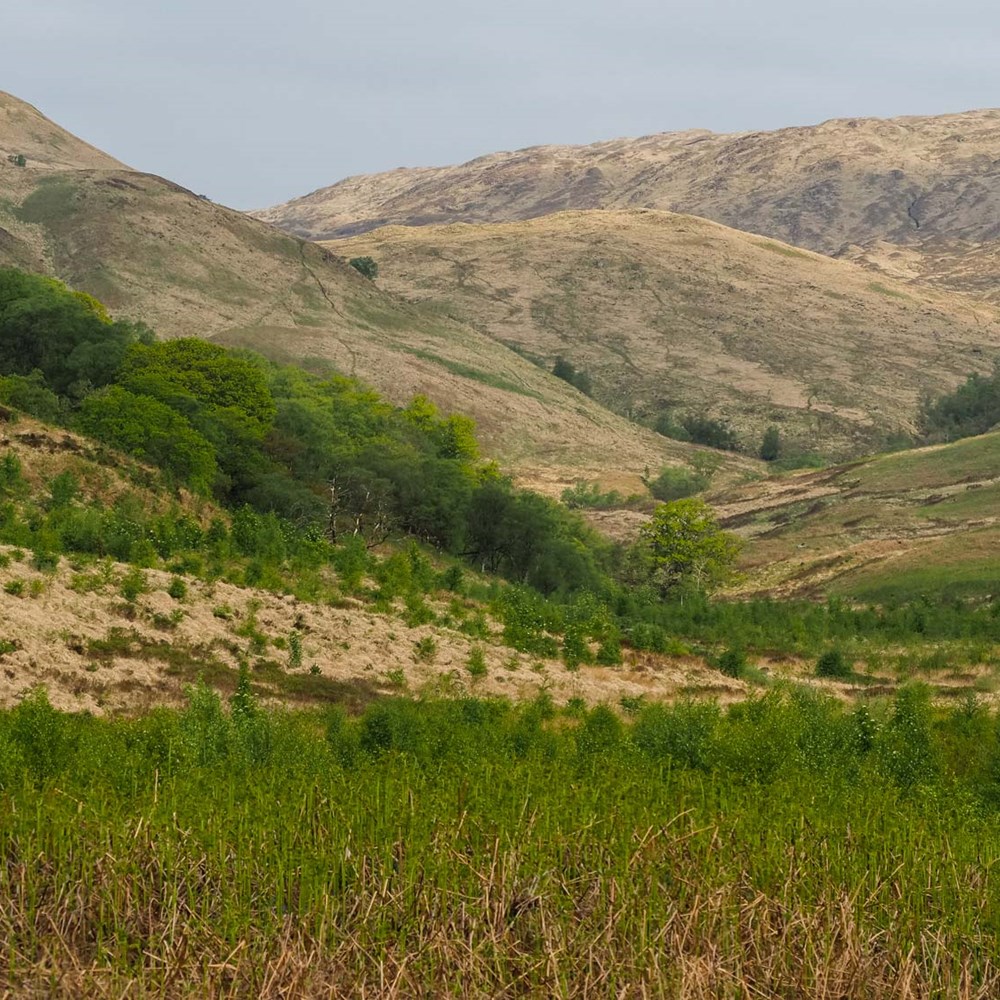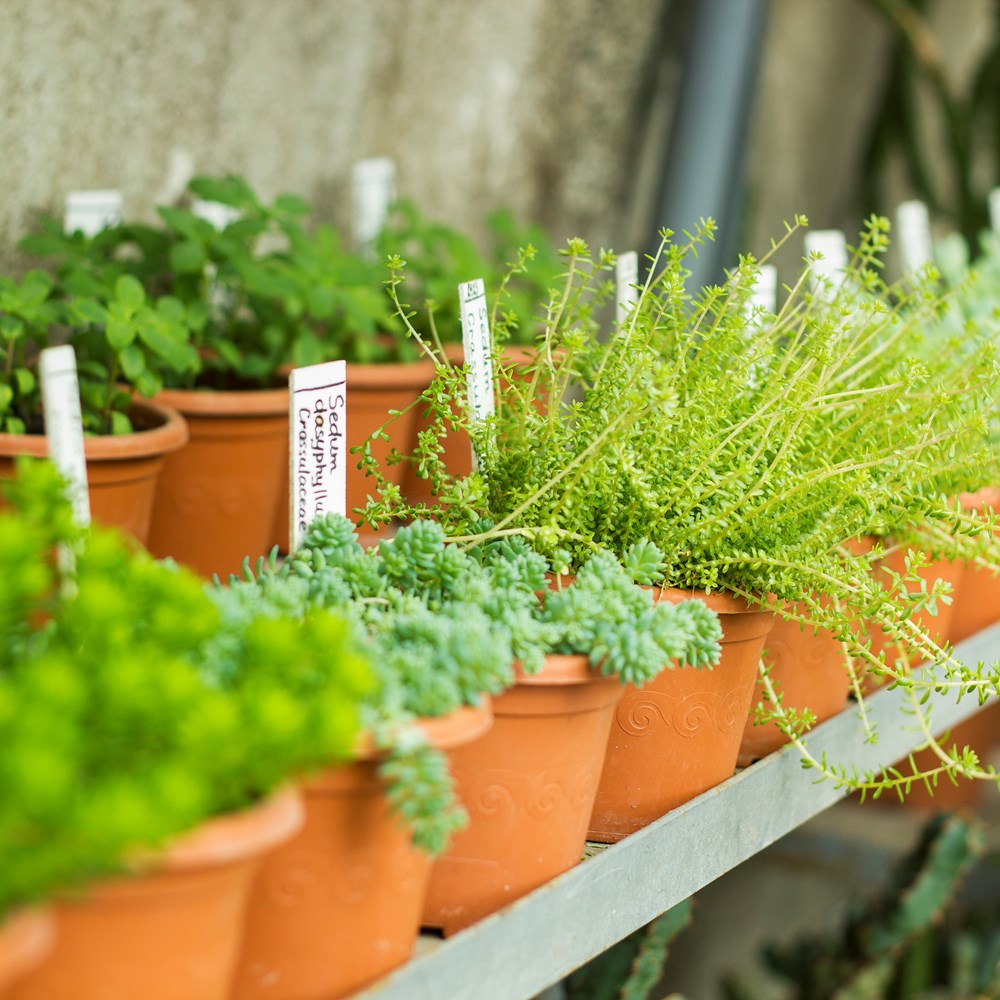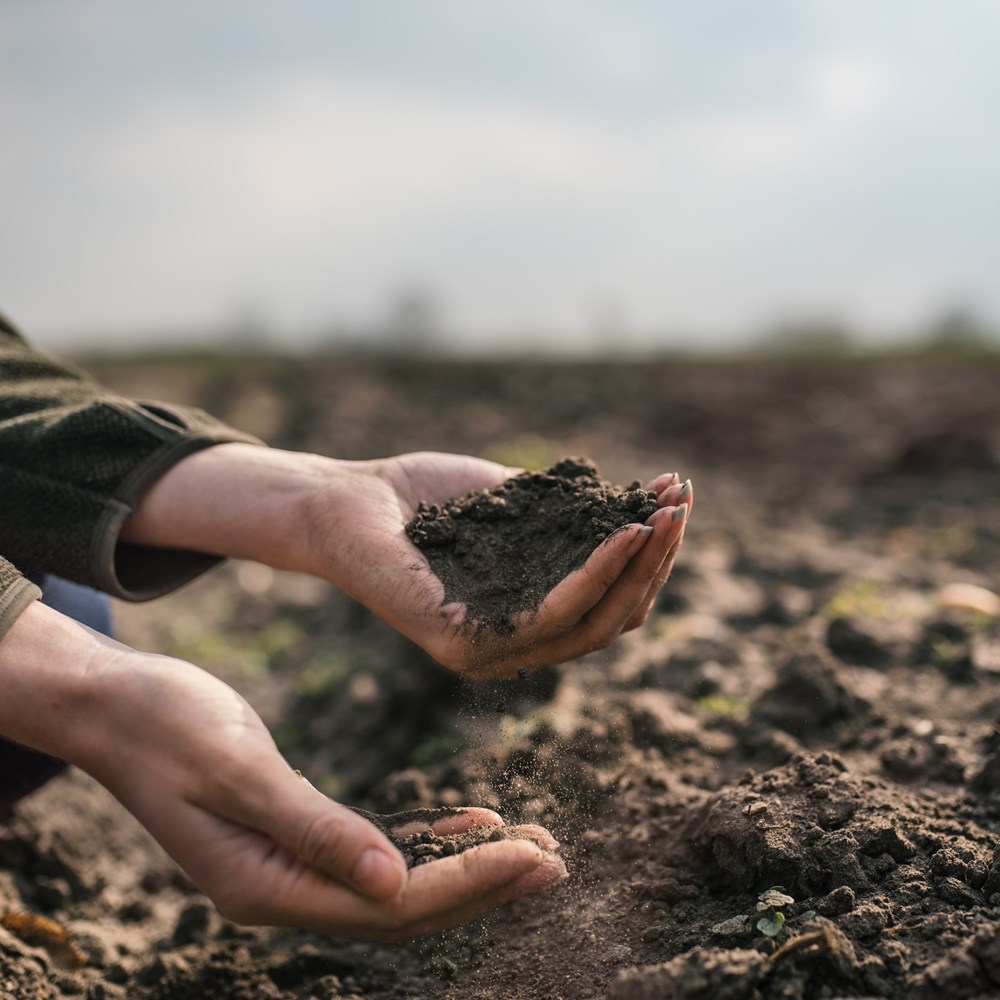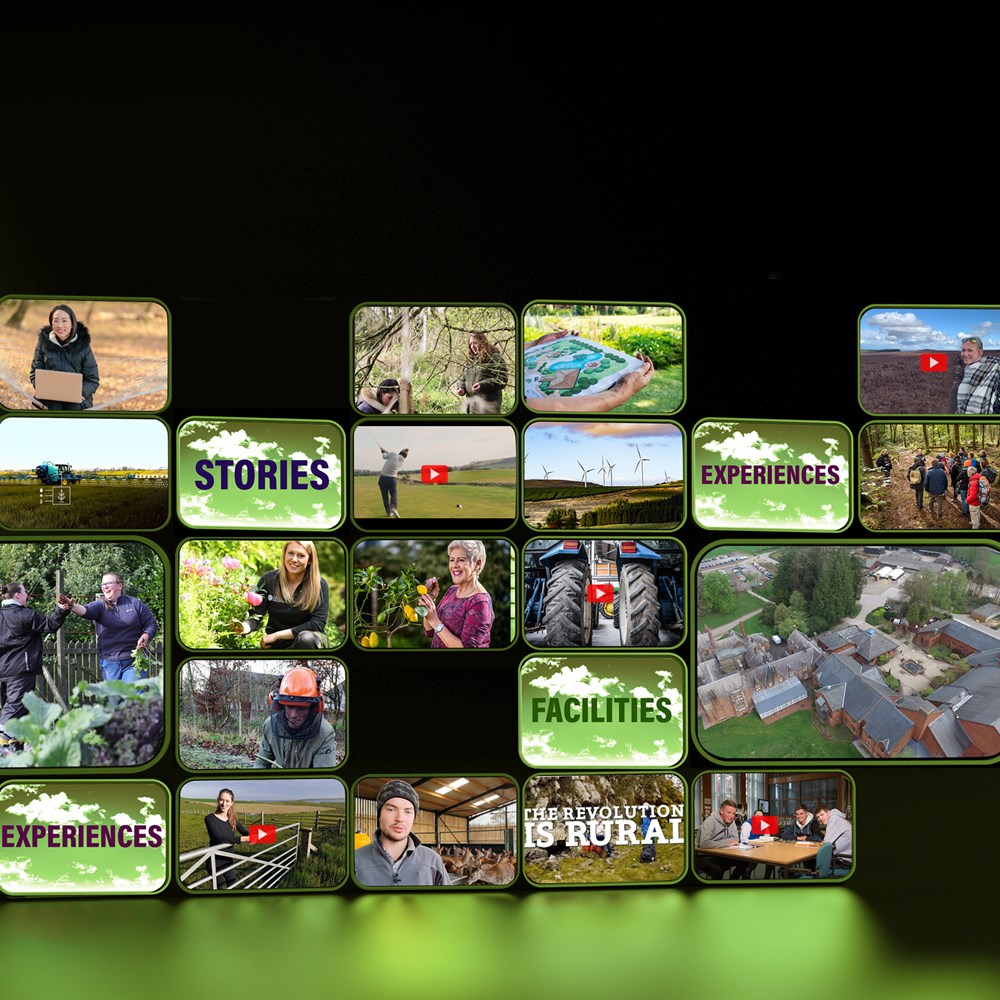
Understanding the relationships between plants and soil can help address many of the global challenges we face today including food security, flooding, drought, nitrogen pollution and global warming. In this course we will consider how plants influence the soil environment via the exudation of carbon into the system, soil formation, reinforcing soil, limiting erosion, and controlling nutrient cycles.
Who the course is for:
This course is for those working, or who wish to develop a career, in the plant and / or soil science sector. Whether you are looking to build completely new skills and knowledge in plant and soil interactions or to deepen your existing knowledge and practice in this important area, this course is filled with practical knowledge and interesting global case study examples. It will ensure you have a fundamental understanding of soil and plant root interactions that will support and inspire development of personal or professional projects.
Entry requirements:
To study this postgraduate micro-credential, you should have a Bachelors degree or equivalent level qualification that has covered aspects of chemistry, biology or physics.
If you do not have a degree or equivalent level qualification you may find the postgraduate level assessment challenging.
You will require access to a computer or laptop, internet connectivity and a webcam.
Course dates:
This course is self-paced and is now open for applications.
Delivery:
Online distance learning.
Qualification:
This is a stand-alone micro-credential (accredited short course) at postgraduate level 11. Upon completion of this course, you will gain 20 SCQF credits (equivalent to one-third of a Postgraduate Certificate) and a certificate to prove you have passed the course.
Cost:
£1,200.00
Learn more about this course:
Other relevant micro-credentials:

Biology and Response of Plants in a Changing Environment
Gain insights into both the impacts of changing climate on plant biology and growth together with the critical role plants have in mitigating climate change.

Fundamentals in Plant Protection
Gain a practical understanding of the factors which affect plant health.

Phytotechnologies: Plant-based technologies for environmental management
Discover the innovative use of plants for environmental management.
Other ways to study at SRUC:

Training courses
SRUC's training service offers a wide range of training and skills development courses to meet the needs of the land-based workforce across Scotland and the rest of the UK.

Apprenticeships
Skills Development Scotland Modern Apprenticeship (MA) programmes offer individuals and employers a package of vocational training designed to meet the demands of today’s land-based industries as well as nationally recognised qualifications. Our apprenticeship programmes allow learners to enhance their knowledge and skills whilst being in paid employment, with learning and assessment being tailored to each programme and the needs of both the employer and employee.

Part time study
Whether you have family commitments, a day job or just prefer to take things slow, education and training at SRUC is as flexible and diverse as our students.




